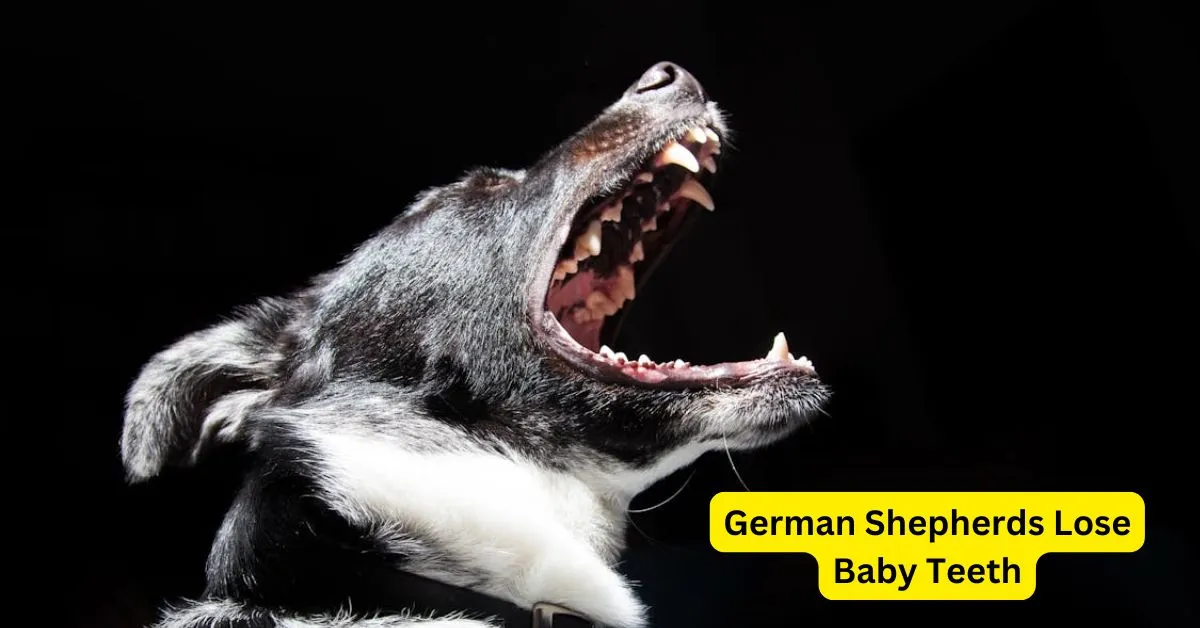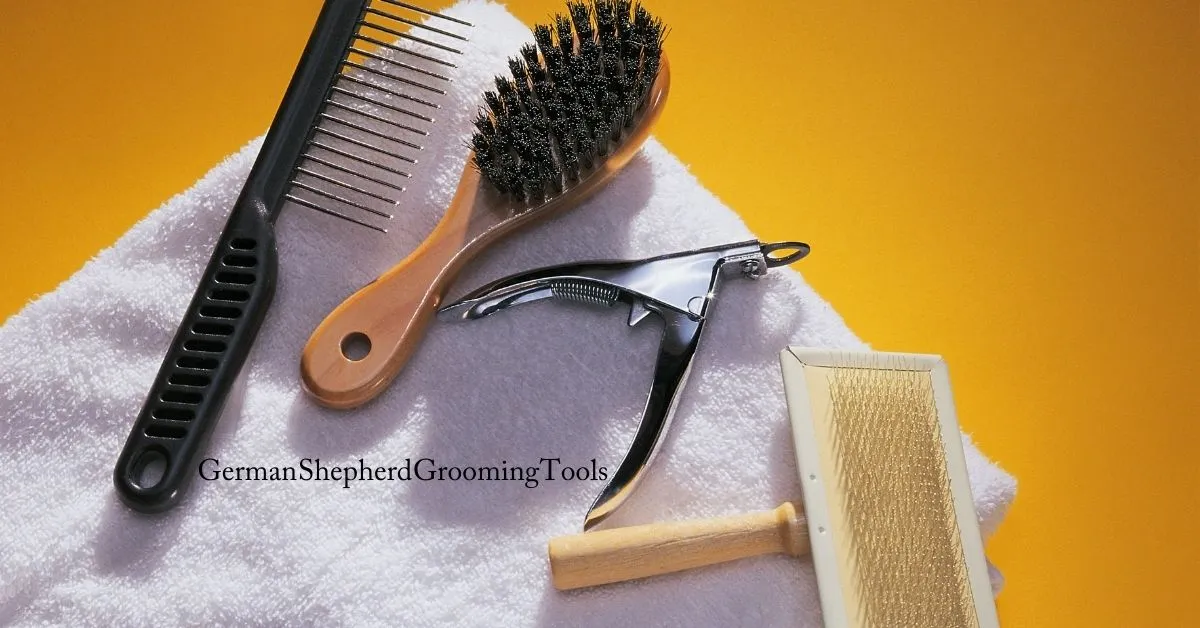For new German Shepherd owners, teething can be a challenging phase. Puppies typically start growing their first baby teeth, also known as milk teeth, around 2-3 weeks old.
As they reach around 4-6 months, these baby teeth begin to fall out, making way for adult teeth. German shepherds lose baby teeth in this situation.
But the problem doesn’t stop there. Owners often report the following challenges during this phase:
Excessive Chewing:
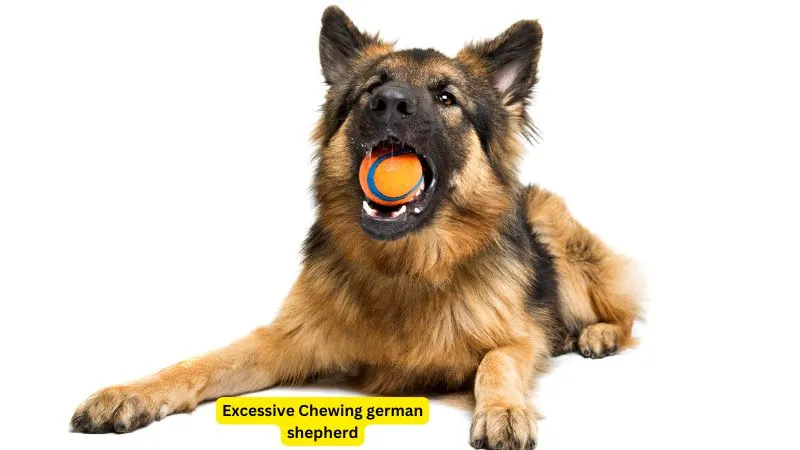
German Shepherd puppies are known for their strong jaws, and during teething, they might chew on anything they can get their teeth on, from furniture to shoes.
Teeth Falling Out:
Finding baby teeth on the floor or stuck in toys can alarm many owners who aren’t prepared for this natural process.
Gum Sensitivity and Pain:
Puppies can experience discomfort, leading to whimpering, reduced appetite, or a need for soothing their gums by chewing.
Many first-time owners don’t know how to handle these issues and may even worry that their puppy’s behavior is abnormal.
Agitate: The Reality of Teething
Let’s be honest. The teething process in German Shepherds is not just about losing a few teeth here and there. It can be much more involved. Here’s a breakdown of some of the key issues that can make this phase difficult:
Destructive Chewing:
German Shepherds are notorious chewers, and when they’re teething, it can feel like they’re on a mission to destroy everything in their path. It’s not uncommon for owners to come home and find furniture legs, shoes, or even drywall with bite marks.
During teething, the urge to chew becomes almost uncontrollable for the puppy. This is because chewing helps relieve the discomfort of sore gums as the adult teeth push through.
Lost Teeth:
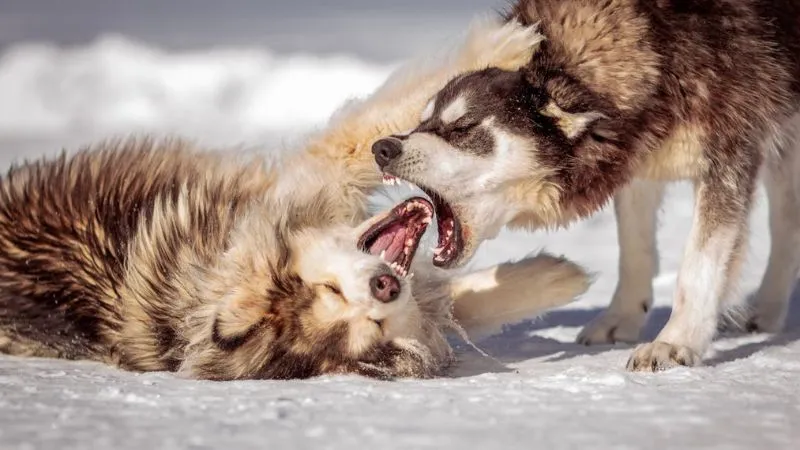
When a German Shepherd starts losing its baby teeth, you’ll likely find small teeth scattered around your home. While this is normal, it can be surprising and even unsettling for those unfamiliar with the process.
The dog might also swallow some of the teeth while eating or chewing, which is completely harmless but may concern the owner.
Comfort for the Puppy:
Just like with human babies, teething can be a painful experience for German Shepherd puppies. You may notice your pup drooling more than usual or becoming irritable. Sometimes, they might paw at their mouth or refuse to eat because of the pain.
Inconsistent Behavior:
Some puppies become moody or restless during this time. You might notice changes in their behavior, like biting more, being less playful, or even showing signs of anxiety.
Let’s look at how teething typically progresses to understand what exactly is going on.
Understanding the Teething Timeline in German Shepherds
Teething in German Shepherds follows a somewhat predictable timeline. Here’s a general breakdown:
2-3 Weeks:
Puppies begin to grow their first baby teeth (28 in total).
6-8 Weeks:
All baby teeth have typically emerged by this time. These teeth are smaller and sharper than adult teeth.
4-6 Months:
This is when the real teething begins. The baby teeth start to fall out, and the adult teeth (42 in total) begin to push through.
6-7 Months:
Most of the adult teeth will have emerged by this time, though the process can sometimes take up to 8 months in some cases.
While these are general guidelines, each puppy is unique, and some German Shepherds may experience teething faster or slower than others.
Case Study: Managing Teething in a German Shepherd Puppy
Let’s look at a real-life example to better understand how to manage teething effectively.
Case Study: Luna the German Shepherd Puppy
Luna was a 5-month-old German Shepherd puppy who started showing signs of teething early. Her owners noticed that she began chewing on everything in sight: shoes, furniture, and even door frames. They also found several of her baby teeth on the floor, and Luna seemed to be in discomfort, frequently pawing at her mouth.
The owners took the following steps to help manage Luna’s teething:
Providing Chew Toys
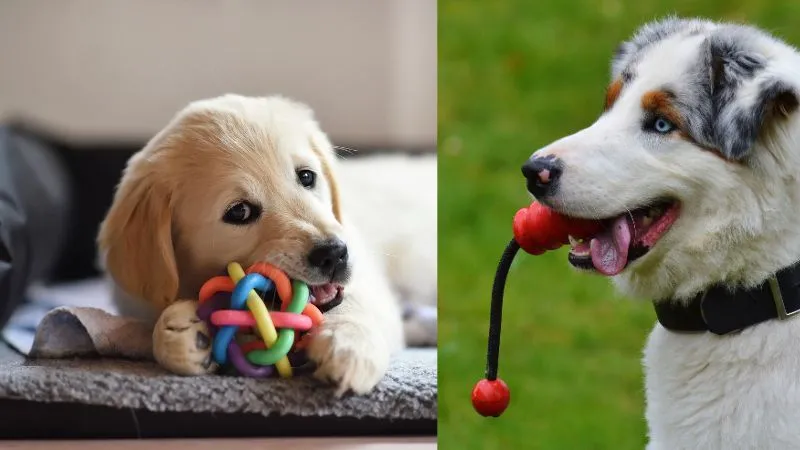
Luna’s owners quickly realized that she needed appropriate outlets for her chewing instincts. They purchased durable chew toys, including ones designed to be frozen, which helped soothe Luna’s gums. Toys made of rubber or nylon are excellent choices because they are tough enough to withstand the power of a German Shepherd’s jaws.
Monitoring her teeth
Luna’s owners regularly checked her mouth to ensure her baby teeth were falling out naturally, keeping an eye out for any signs of infection or retained teeth, a condition where a baby tooth doesn’t fall out and may need to be removed by a vet.
Feeding Soft Foods:
During particularly painful teething phases, Luna’s owners temporarily switched to softer food to make eating less uncomfortable. This ensured Luna maintained her appetite and got the nutrition she needed.
Regular Vet Visits:
The owners kept Luna’s regular vet appointments, ensuring that her adult teeth were coming in properly and that her gums were healthy.
Within a few months, Luna’s adult teeth had fully emerged, and the destructive chewing phase had ended.
The teething process can be overwhelming, but with the right approach, Luna’s owners were able to guide her through this stage successfully.
Solution: How to Help Your German Shepherd Through Teething
Now that we’ve established the common problems and challenges of teething, let’s focus on solutions. Here’s how you can help your German Shepherd through this teething phase and make life a little easier for both of you:
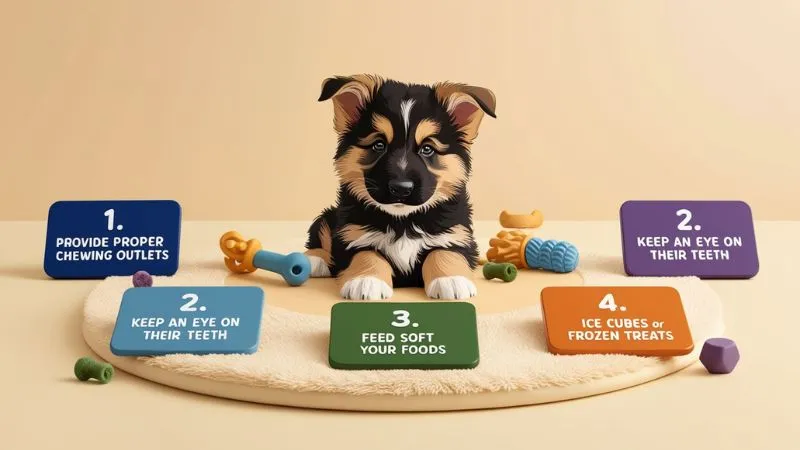
1. Provide Proper brewing Outlets
German Shepherds will chew, especially during teething, so providing them with the right items to chew on is essential. Durable rubber toys, like Kong toys, can be great for this. You can also find toys that can be frozen, which helps soothe sore gums. Offering these toys can prevent destructive chewing on household items and save your furniture.
2. Keep an Eye on Their Teeth
Monitor your puppy’s mouth regularly. Baby teeth should fall out naturally, but sometimes they don’t, which can cause issues with adult teeth growing crooked or getting stuck. If you notice a baby tooth isn’t coming out while the adult tooth is coming in, consult your vet. Retained teeth may need to be removed.
3. Feed Soft Foods
During particularly painful times, consider offering softer food. Some puppies may refuse to eat hard kibble because it irritates their gums. Temporary soft food can make mealtime more comfortable for your German Shepherd.
4. Consult Your Vet
Regular vet check-ups are essential during the teething process. Your vet can check to make sure the adult teeth are coming in properly and that there are no signs of infection or other issues. They can also advise you on the best ways to manage your puppy’s discomfort during this time.
5. Use Ice Cubes or Frozen Treats
Some German Shepherds find relief from teething pain by chewing on ice cubes or frozen treats. Just be sure that the cubes are small enough for your dog to handle safely. You can even freeze their favorite chew toys for extra comfort.
Conclusion: Understanding Teething in German Shepherds
The teething process in German Shepherds, while challenging, is a natural and essential stage of their development. By providing the right outlets for chewing, monitoring their dental health, and staying in touch with your vet, you can ensure your puppy gets through this phase as smoothly as possible.
Yes, it’s messy, and yes, it can be frustrating, but by knowing what to expect and how to respond, you’ll help your German Shepherd transition from baby teeth to adult teeth without too much trouble. And before you know it, those days of finding tiny teeth scattered around the house will be a thing of the past!
So, if your German Shepherd puppy is in the middle of losing its baby teeth, take a deep breath and get ready to help them through this exciting time. After all, those sharp little teeth are a temporary problem, one that will soon be replaced by a full set of adult teeth ready to take on the world.
FAQs
At what age do German Shepherds stop teething?
German Shepherd puppies usually stop teething at around 6 months of age. By this time, they have lost their baby teeth and have developed their full set of adult teeth. It’s important to provide them with chew toys to alleviate any discomfort during this period.
Is it normal for a German Shepherd to lose teeth?
Yes, it is normal for a German Shepherd puppy to lose its baby teeth. This typically occurs between 4 to 6 months of age as their adult teeth come in. If an adult German Shepherd loses teeth, it may indicate dental issues and should be evaluated by a veterinarian.
What are the stages of puppy teeth falling out?
Puppy teeth start falling out around 3 to 4 months of age. The incisors are usually the first to fall, followed by premolars and molars. By 6 months, most puppies have shed all their baby teeth and have their adult teeth fully in place.
What are the worst weeks for puppy teething?
The most challenging weeks for puppy teething generally occur between the ages of 4 and 5 months. During this time, puppies experience discomfort as their baby teeth fall out and adult teeth emerge. Providing appropriate chew toys can help soothe their gums.

